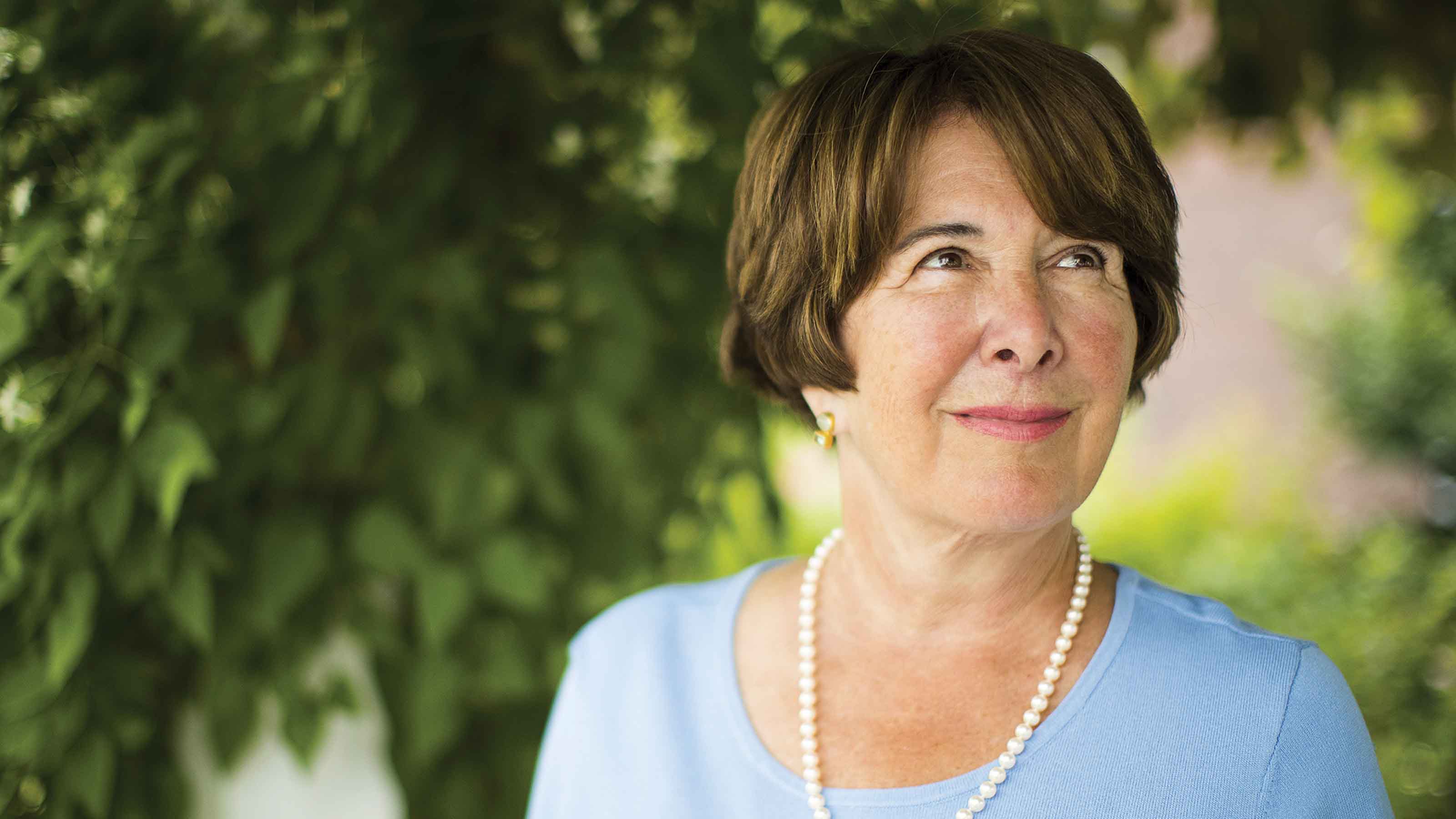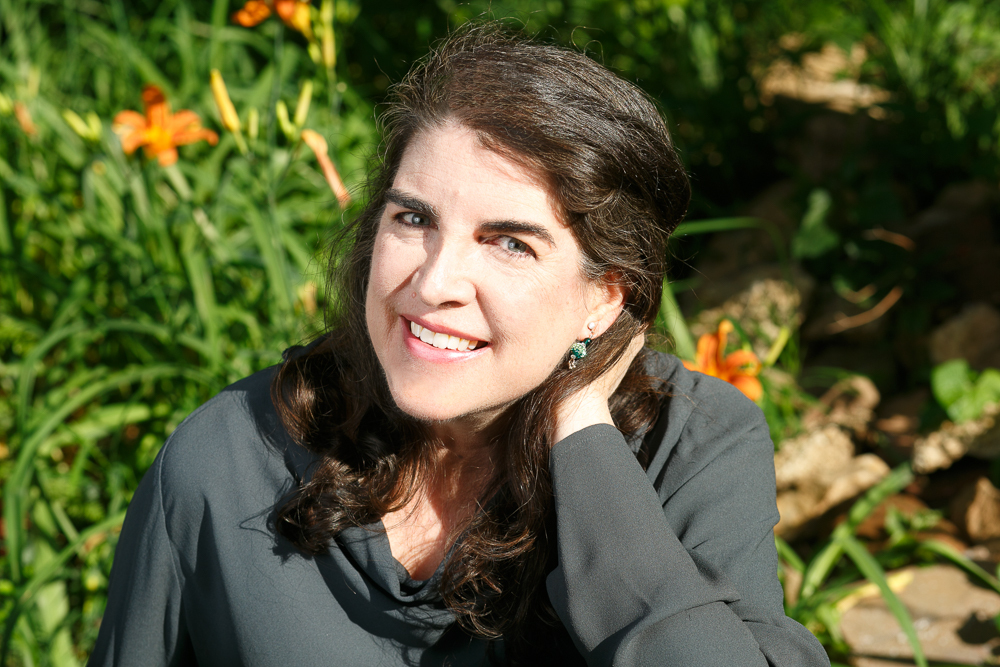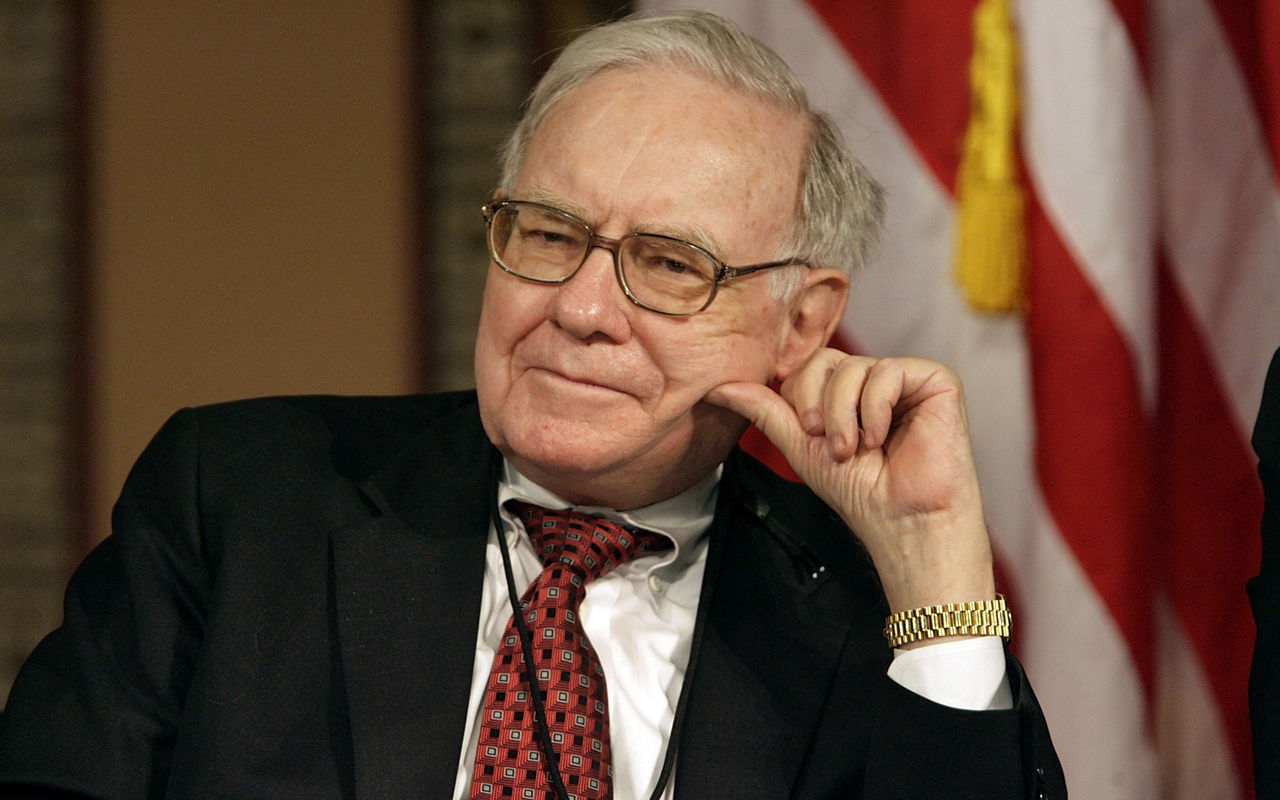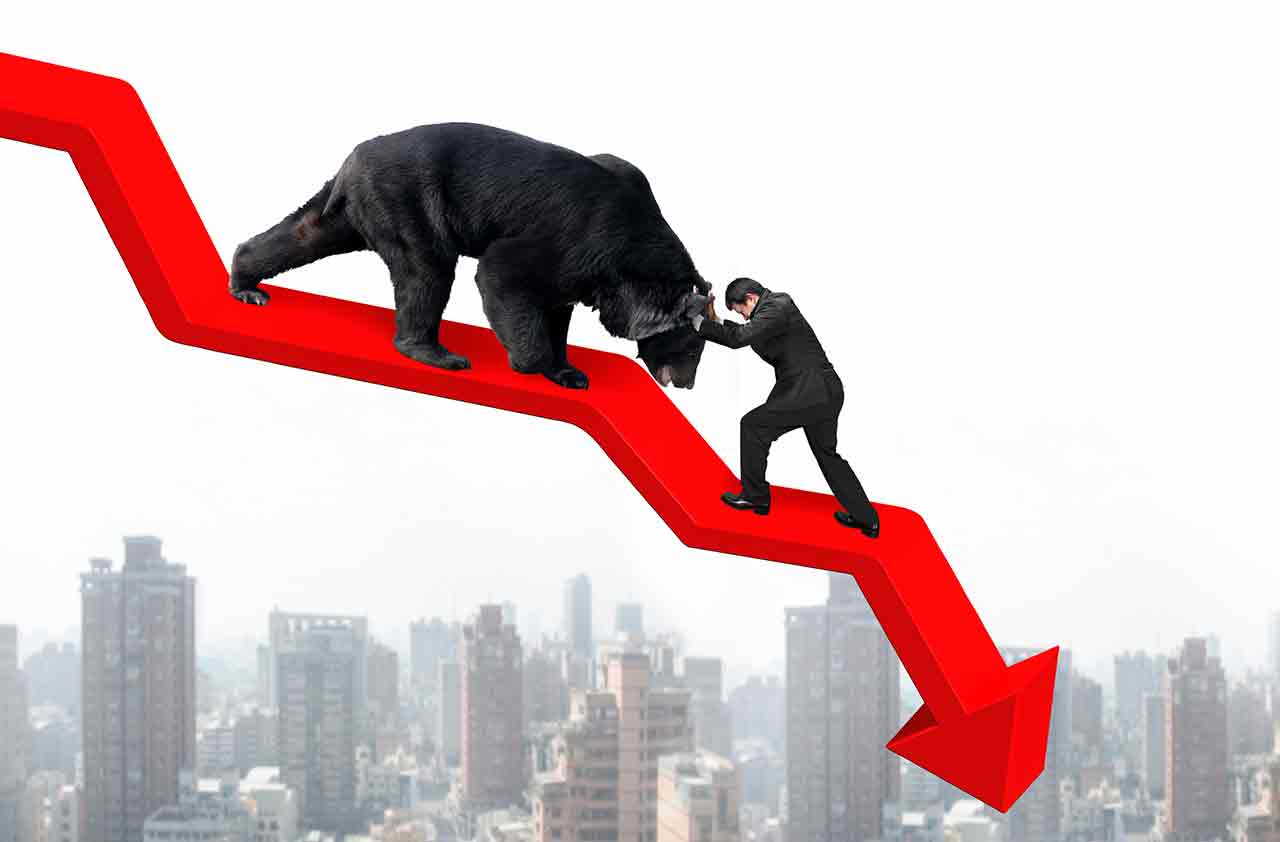Amy Domini on the Secrets of Sustainable Investing
An ESG pioneer says finding good corporate citizens is the best way to make money.


Profit and prosper with the best of Kiplinger's advice on investing, taxes, retirement, personal finance and much more. Delivered daily. Enter your email in the box and click Sign Me Up.
You are now subscribed
Your newsletter sign-up was successful
Want to add more newsletters?

Delivered daily
Kiplinger Today
Profit and prosper with the best of Kiplinger's advice on investing, taxes, retirement, personal finance and much more delivered daily. Smart money moves start here.

Sent five days a week
Kiplinger A Step Ahead
Get practical help to make better financial decisions in your everyday life, from spending to savings on top deals.

Delivered daily
Kiplinger Closing Bell
Get today's biggest financial and investing headlines delivered to your inbox every day the U.S. stock market is open.

Sent twice a week
Kiplinger Adviser Intel
Financial pros across the country share best practices and fresh tactics to preserve and grow your wealth.

Delivered weekly
Kiplinger Tax Tips
Trim your federal and state tax bills with practical tax-planning and tax-cutting strategies.

Sent twice a week
Kiplinger Retirement Tips
Your twice-a-week guide to planning and enjoying a financially secure and richly rewarding retirement

Sent bimonthly.
Kiplinger Adviser Angle
Insights for advisers, wealth managers and other financial professionals.

Sent twice a week
Kiplinger Investing Weekly
Your twice-a-week roundup of promising stocks, funds, companies and industries you should consider, ones you should avoid, and why.

Sent weekly for six weeks
Kiplinger Invest for Retirement
Your step-by-step six-part series on how to invest for retirement, from devising a successful strategy to exactly which investments to choose.
Amy Domini is founder and chair of Domini Impact Investments. She has authored several books, most recently Thoughts on People, Planet & Profit.
Kiplinger: You are a pioneer in what is often called socially responsible investing (SRI). How and why did you first come to marry your sense of moral responsibility and fairness to investing?
Domini: My first real job was as a stockbroker. I started asking clients, “Are there industries that you’d rather not invest in?” I was astonished that most people said yes. They might want to avoid tobacco companies, for instance, because their brother died of lung cancer. Over time, I saw the power in the relationship between investors and society. Do you believe that investors should be involved in this conversation? If the answer is yes, then you’re my people.
From just $107.88 $24.99 for Kiplinger Personal Finance
Become a smarter, better informed investor. Subscribe from just $107.88 $24.99, plus get up to 4 Special Issues

Sign up for Kiplinger’s Free Newsletters
Profit and prosper with the best of expert advice on investing, taxes, retirement, personal finance and more - straight to your e-mail.
Profit and prosper with the best of expert advice - straight to your e-mail.
Investors today hear a lot about ESG, or environmental-, social- and governance-based investing. Is that different from socially responsible investing or values-based investing? No, it is just a battle of vocabulary. I think that ESG has a precision to it that appeals more to conventional analysts on Wall Street. But we all make selections as to what to invest in based on people and the planet.
What is the best way for investors to integrate ESG into their portfolios? The simplest way is to purchase an SRI or ESG mutual fund. You will join thousands of other investors to raise issues with a company’s management. You multiply your power when you go that route. But a lot of people enjoy getting to know companies and making decisions that suit them personally. I would urge them to focus on companies that will improve people’s lives.
The criticism of this kind of investing for years has been that you’d have to sacrifice returns. What’s your opinion? It hasn’t been borne out by the facts. Embedded in that assumption is the idea that you should try to have as big a selection of investments to choose from as possible to maximize performance and that restricting yourself to ESG choices will limit returns. But every single small-cap portfolio manager invests only in small-cap stocks and still promises to outperform. And every single value portfolio manager invests only in value stocks and still promises to outperform. So I feel that there’s a different set of rules when it comes to our investing in ESG companies.
Imagine I am comparing two companies in the same industry. The first has a lot of product safety recalls, and the second one doesn’t. By investing in the second company, I’ve avoided trouble. That’s rule number one for making money: Avoid trouble.
Looking at a company’s potential from an E, S or G lens, which of those offers the most promise from an investment standpoint today? I think the S is most important because it involves such a broad set of issues. The social lens evaluates how the company interacts with stakeholders, including suppliers, customers, employees, communities and shareholders. Does a company have problems such as child labor in the supply chain? Does it provide training for its workforce? These kinds of questions help us understand the quality of management. I think every conventional investment adviser would agree that management quality is the most difficult thing to assess when you’re analyzing a company.
What do you see next for ESG investing? Mainstreaming and better information flow. It is a majority opinion now that ESG investing has a role to play. That will put more pressure on regulators to provide a systematic framework for information that is comparable from one company to another. And with that information will come pressure to show the impact on people and the planet.
There was no such thing as a corporate sustainability report when I got started. So there have been changes, but this level of public information is the big one.
Investors have been working for decades to define ESG criteria that best translates into corporate risk or opportunity. How can we make sense of all of the ratings and raters that are proliferating today? Years ago, I started a rating company called KLD, which has since been acquired. I think in the early stages of a new manager getting involved in this field, they want a yes or no–can I buy the stock or not? And this has driven the absolute scores from rating agencies such as MSCI and Sustainalytics. But knowing how they got that top-line score helps you make a better decision about the company.
Most investors will do well by reading the corporation’s sustainability report. Already we see some annual reports that have a fulsome discussion of how the company has addressed the customer, the manufacturing process, the supply process, the environment through an ESG lens. And there is a way to put a monetary value on some of these benefits. We can imagine a time when this integrated reporting actually puts dollar values on ESG outcomes, but that’s a decade or two away.
In general, which investment vehicles would you recommend now? I’m pretty conventional. I like stocks better than bonds. I think you can have more long-term growth with stocks, but bonds have a role as a safety net. In this stock market, I prefer active management. We are entering a phase of very strong crosscurrents, including COVID and tensions between China and Taiwan, and it is potentially very scary. At this time, then, I prefer the nimbler approach offered by active fund managers; they can react more quickly to these challenges than a passively managed fund.
Anything in particular you like right now? I am optimistic about the future of the stock market. We have tremendous energy going into products that didn’t exist 10 years ago. I mean technology writ large, in healthcare, transportation and entertainment–even service industries. I don’t think that we are even near the middle of this innovation wave, let alone the end. And it is accelerating at an incredible pace.
Home improvement and home goods have been very strong in the last year or two. We’ve been nesting. We want a new rug. We want a new roof. But over the next period, I’m moving away from that home-focused theme. I also think that we’re all desperate for experiences and travel, even if it’s 30 miles up the road to an Airbnb. These are the areas I’m looking at right now in terms of opportunity sets.
If there was one thing you’d want readers to take away from this interview, what would it be? “Triple P” investing, for people, planet and profit. It is a phrase that cuts out all the noise and gets to the heart of our approach.
Profit and prosper with the best of Kiplinger's advice on investing, taxes, retirement, personal finance and much more. Delivered daily. Enter your email in the box and click Sign Me Up.

Ellen writes and edits retirement stories. She joined Kiplinger in 2021 as an investment and personal finance writer, focusing on retirement, credit cards and related topics. She worked in the mutual fund industry for 15 years as a manager and sustainability analyst at Calvert Investments. She earned a master’s from U.C. Berkeley in international relations and Latin America and a B.A. from Haverford College.
-
 Look Out for These Gold Bar Scams as Prices Surge
Look Out for These Gold Bar Scams as Prices SurgeFraudsters impersonating government agents are convincing victims to convert savings into gold — and handing it over in courier scams costing Americans millions.
-
 How to Turn Your 401(k) Into A Real Estate Empire
How to Turn Your 401(k) Into A Real Estate EmpireTapping your 401(k) to purchase investment properties is risky, but it could deliver valuable rental income in your golden years.
-
 My First $1 Million: Retired Nuclear Plant Supervisor, 68
My First $1 Million: Retired Nuclear Plant Supervisor, 68Ever wonder how someone who's made a million dollars or more did it? Kiplinger's My First $1 Million series uncovers the answers.
-
 How I'm Going to Invest My Mega Millions Lottery Jackpot
How I'm Going to Invest My Mega Millions Lottery JackpotThe odds of winning the Mega Millions lottery are effectively zero, but here's how I'm investing my fortune should I hit the jackpot.
-
 Four Random Facts and Thoughts About Warren Buffett
Four Random Facts and Thoughts About Warren BuffettIf I love Warren Buffett so much why don't I just marry him?
-
 Investing in Gold Is Dumb
Investing in Gold Is DumbStocks are better than gold for both generating wealth and offering protection against inflation.
-
 What's So Scary About a Mega-Cap Tech Bull Market?
What's So Scary About a Mega-Cap Tech Bull Market?Bears say the market can't keep rallying when only five mega-cap tech stocks are driving returns, but history suggests otherwise.
-
 We Are Not in a Bull Market
We Are Not in a Bull MarketIt takes more than a 20% gain off the low to proclaim the beginning of a new bull market.
-
 Why I Don't Buy Stocks
Why I Don't Buy StocksIt's nearly impossible to beat the market – but it is cheap and easy to match it.
-
 Bitcoin Halving: What Does It Mean for Investors?
Bitcoin Halving: What Does It Mean for Investors?Technology 'Mining' for this cryptocurrency just became a lot more expensive
-
 How to Handle a Bear Market
How to Handle a Bear MarketInvestor Psychology If you’ve got to take action, boost your savings rate or scout for mispriced securities. And check that your portfolio is in line with your goals.